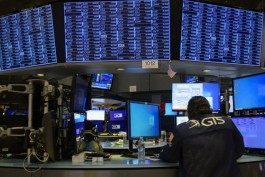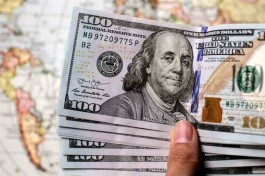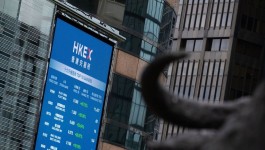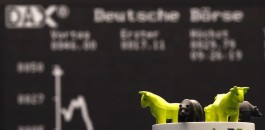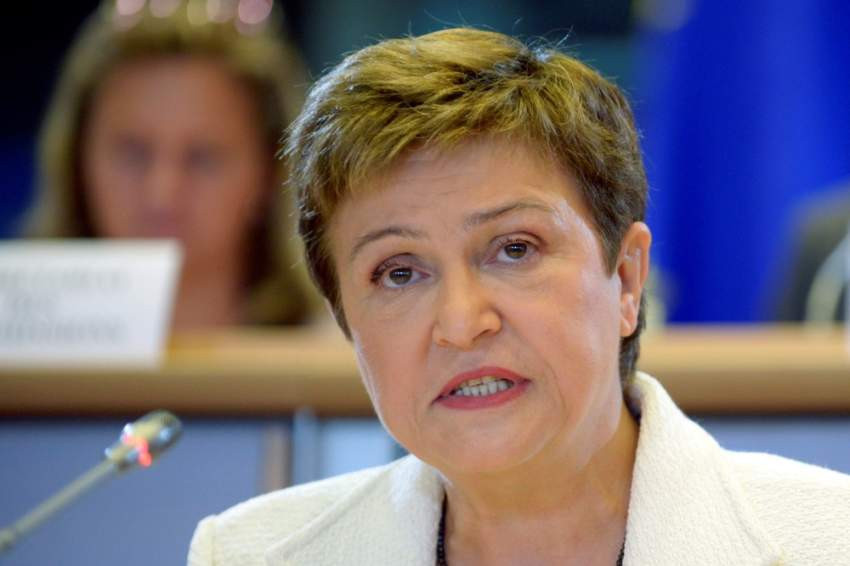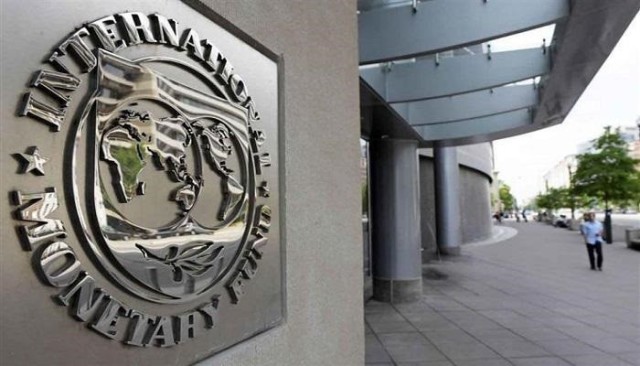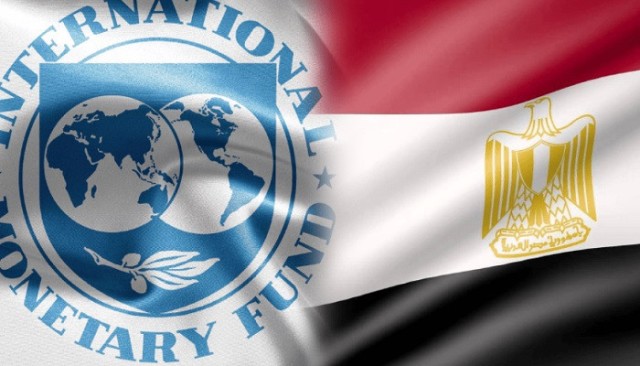The International Monetary Fund expected that global growth in 2021 will be about 6%, which is the same level as a forecast issued in April, but with some countries growing at a faster pace and others At a slower pace, according to Kristalina Georgieva, managing director of the International Monetary Fund.
According to Arab Net, Georgieva indicated during an online event sponsored by the Peterson Institute for International Economics, that the economic recovery will stop unless the pace of anti-Covid-19 vaccination accelerates, adding, The goal of eliminating the pandemic by the end of 2022 will not be achieved at the current pace.
The IMF predicted in April 2021 that global growth would reach 6%, a rate not seen since the 1970s, at a time when access to vaccines is improving and economies are reopening with the help of stimulus. unprecedented financial, especially in the United States.
But Georgieva said the relative lack of vaccine access in developing countries and the rapid spread of the delta mutant from COVID-19 threaten to slow the recovery momentum.
The International Monetary Fund is due to release its forecast for the world economy on July 27, but Georgieva said the global growth rate the IMF expects for this year will remain. at 6%.
In a session sponsored by the Peterson Institute in the presence of Cecilia Malmström, former EU Trade Commissioner, some countries are now expected to grow at a faster pace, and it is expected that Some other countries are growing at a slower pace. What's the difference? It is primarily speed, the effectiveness of vaccines, and the availability of financial space for movement.
She added that the goal of the International Monetary Fund and the World Bank to provide countries with 50 billion dollars to boost anti-Covid vaccination rates, will likely require more than 11 billion doses, which were set according to a preliminary scenario. , because boosters may now be necessary, and to cover vaccine losses in some developing countries that lack adequate storage facilities.
















